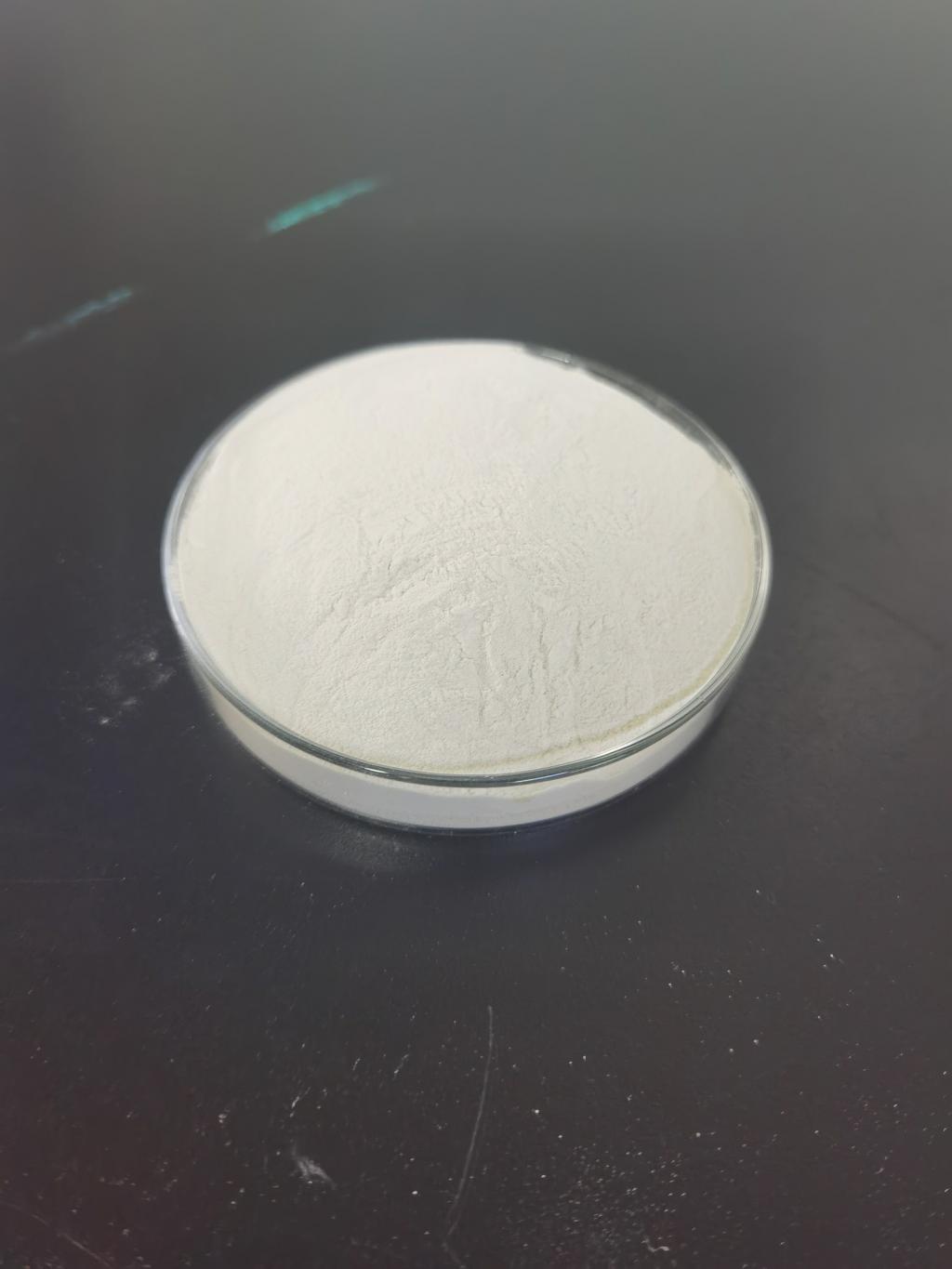Tel:+8618231198596

News
 CONTACT
CONTACT
 CONTACT
CONTACT
- Linkman:Linda Yao
- Tel: +8618231198596
- Email:linda.yao@dcpharma.cn
- Linkman:CHARLES.WANG
- Department:Overseas
- Tel: 0086 0311-85537378 0086 0311-85539701
News
The role of nisin in improving food safety in emerging markets is a growing area of interest.
TIME:2024-09-05
Understanding Nisin
Nisin is a Class I bacteriocin that has been used for over 50 years as a food preservative due to its ability to inhibit the growth of certain harmful bacteria, including some species responsible for causing foodborne illnesses. It is generally recognized as safe (GRAS) by regulatory bodies worldwide, including the U.S. Food and Drug Administration (FDA) and the European Food Safety Authority (EFSA), making it an attractive option for enhancing food safety without compromising on health standards.
The Benefits of Nisin in Emerging Markets
Enhanced Shelf Life: In regions where refrigeration may be limited or unreliable, nisin can help extend the shelf life of perishable foods, reducing waste and ensuring that products remain safe for consumption longer.
Natural Preservation: Consumers in emerging markets are increasingly seeking out natural and minimally processed foods. Nisin offers a natural alternative to synthetic preservatives, aligning with this trend while maintaining product safety.
Cost-Effectiveness: The use of nisin can lead to cost savings by reducing the need for more expensive synthetic preservatives and minimizing losses from spoilage, which is especially beneficial for small-scale producers and retailers.
Promoting Local Industries: Encouraging the production and use of nisin could foster local industries related to its manufacture, contributing to economic development and job creation within these markets.
Challenges and Considerations
While the benefits of nisin are significant, there are also challenges that must be addressed:
Consumer Awareness: Educating consumers about the benefits and safety of nisin is crucial. Misunderstandings or lack of knowledge about preservatives can lead to resistance, even if the product itself is safe and beneficial.
Regulatory Frameworks: Strengthening regulatory frameworks to ensure proper labeling and use of nisin is necessary to maintain consumer trust and prevent misuse.
Quality Control: Ensuring consistent quality of nisin and monitoring its application in food products is essential for maintaining its efficacy and safety profile.
Conclusion
The role of nisin in improving food safety in emerging markets is multifaceted, offering solutions to many of the pressing challenges faced by these regions. By leveraging the natural properties of nisin, stakeholders can work towards creating safer, healthier, and more sustainable food systems that benefit both producers and consumers. As research continues to uncover new applications and benefits of nisin, its importance in global food safety strategies is likely to grow, making it a key player in the evolving landscape of food preservation and safety in emerging economies.
- Tel:+8618231198596
- Whatsapp:18231198596
- Chat With Skype







